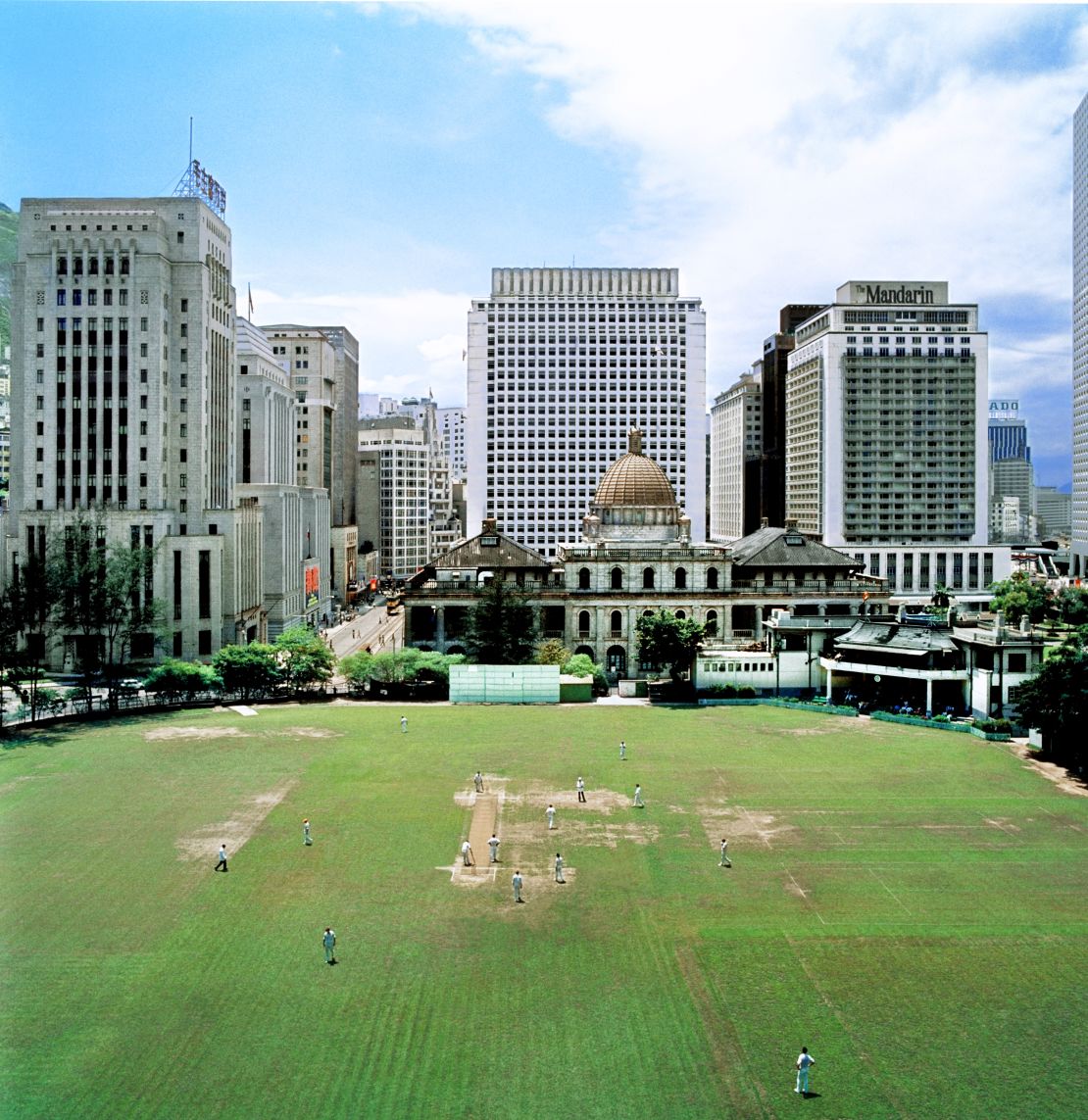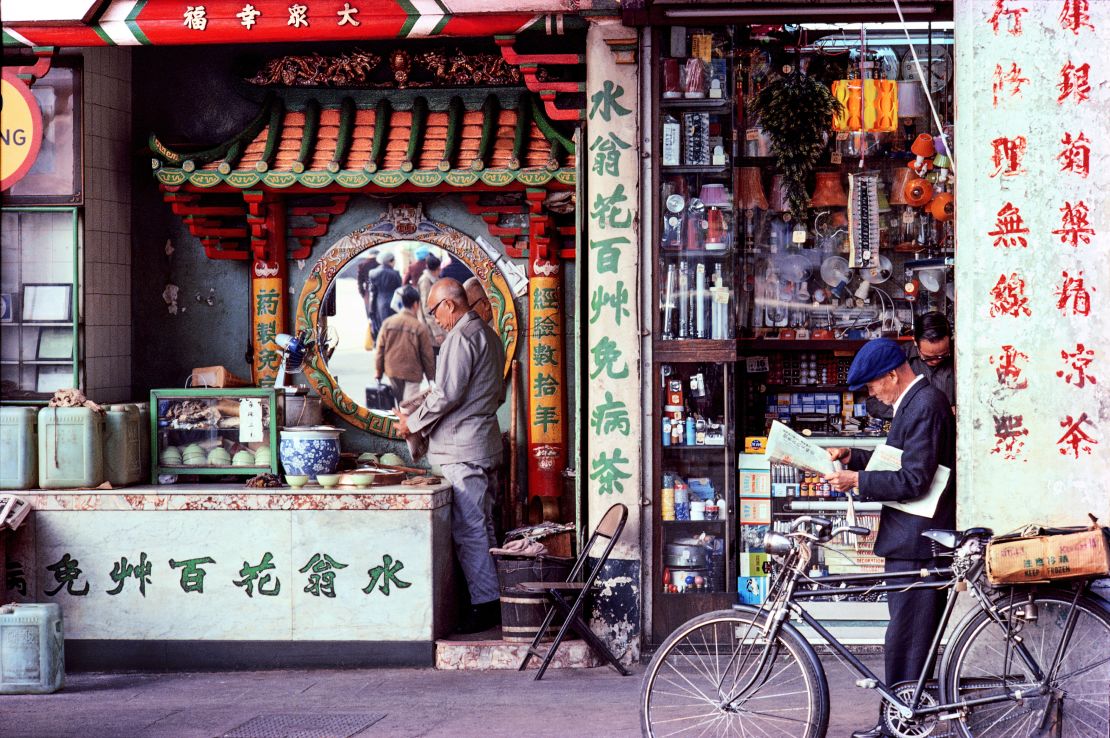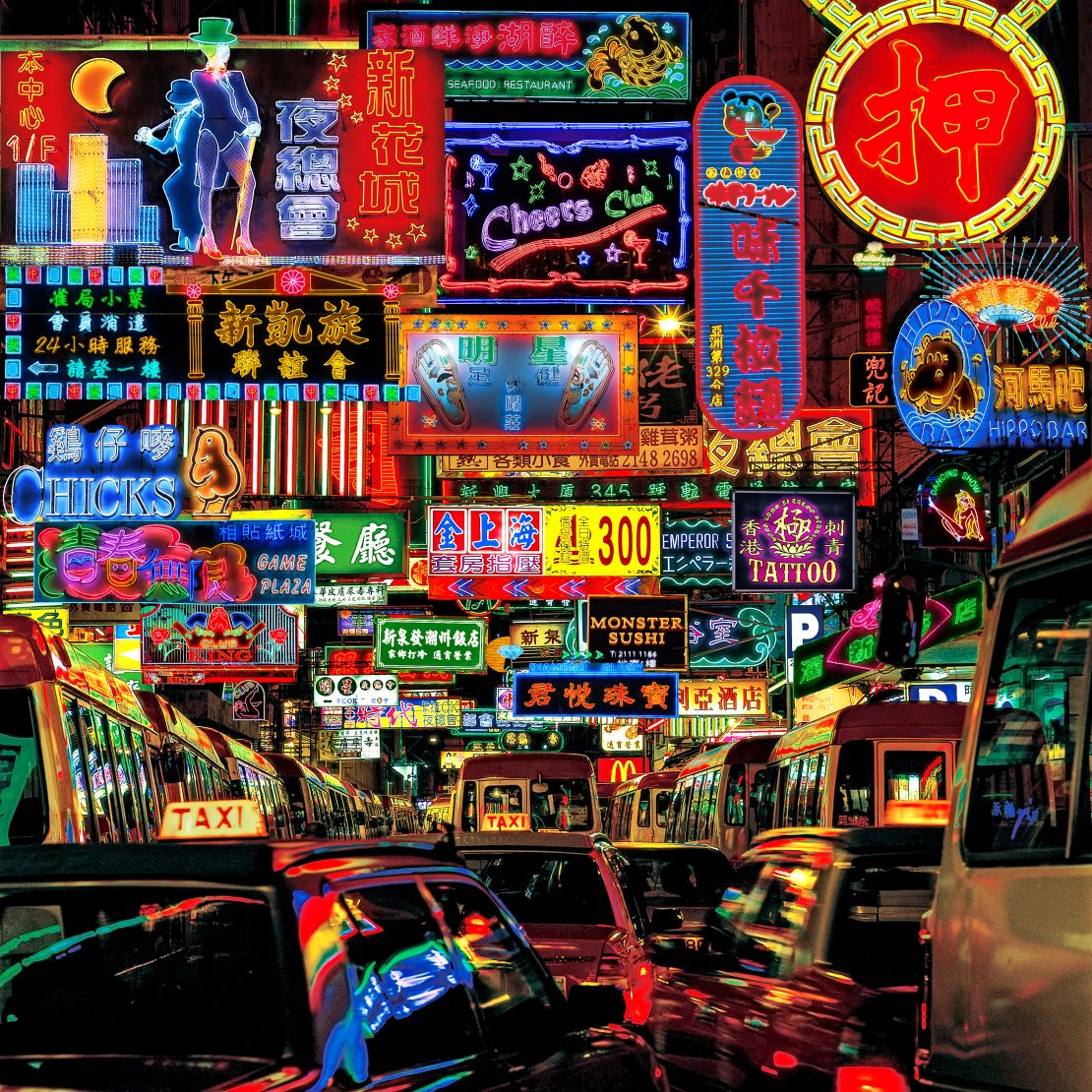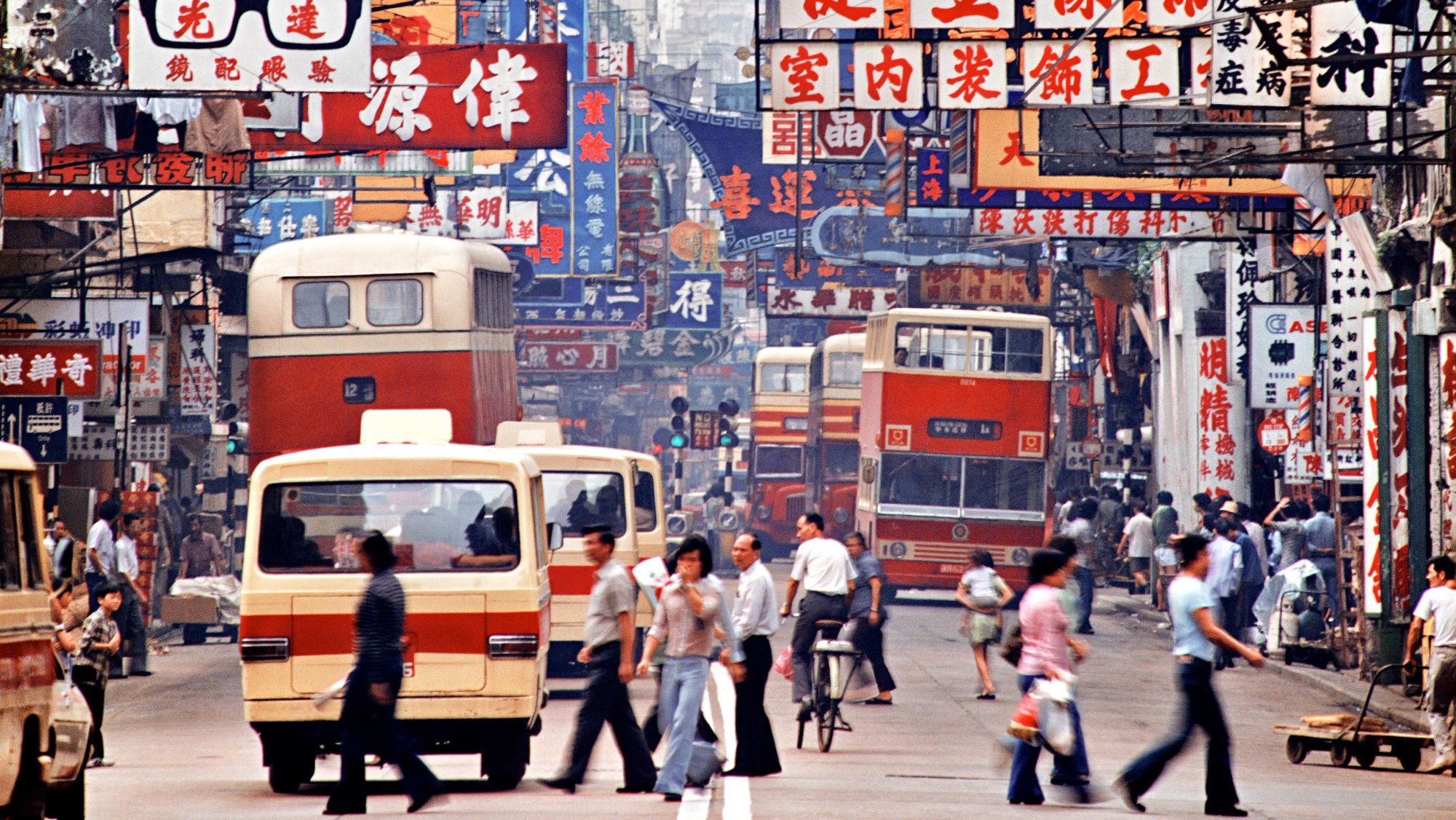Over the last five decades, photographer Keith Macgregor has borne witness to dramatic change in Hong Kong.
His striking images document a way of life that has rapidly disappeared from sight: street stalls that made way for chain stores, flat-bottomed boats whose residents now live in apartment blocks, and squat buildings replaced with – or dwarfed by – skyscrapers.
Photographer Keith Macgregor captures Hong Kong's lost past
But in the 1970s and ’80s, when many of his most arresting photos were taken, Macgregor was more concerned with producing images for his postcard and calendar business.
“I wasn’t a reportage photographer; I was a very commercial photographer,” he explained at Hong Kong’s Blue Lotus Gallery, where he recently exhibited work under the title “The Way We Were.”
“I had to take photographs that people would want to hang on their walls for 12 months, so I was always looking for beauty or drama.”
Only with the power of hindsight did Macgregor realize that he’d documented the city’s lost heritage.

“You just didn’t know at the time that Hong Kong was going to change to rapidly,” he said. “You took it all for granted.”
Many of his photos focus on everyday life for local residents – street scenes, the famous harbor and outlying fishing villages. But he also captured the receding vestiges of the British Empire. In particular, a striking 1984 image shows the last cricket match to be played on a large green in the city’s center – a luxury unimaginable in today’s Hong Kong, where land prices rank among the highest in the world.

“Population growth has made Hong Kong not as nice a place to look at, because it’s all higgledy-piggledy and covered with every type of building you can imagine going up into the sky,” Macgregor said.
A resident from 1969 to 1992 – and a frequent visitor since – he expressed remorse that more hasn’t been done to protect the city’s architectural and urban heritage.

“There’s no open spaces now,” he said. “I miss all that terribly, and I wish we could have preserved more of it. But I think Hong Kong is still an extraordinary place to visit.”
Neon past
There is one side of Hong Kong’s heritage that Macgregor is especially enamored with: neon signs.
Realizing that the city’s iconic displays were rapidly disappearing (often to be replaced with LED), the photographer set out to document the remaining signage. He believes that, since 2001, he has photographed about about 500 of the advertising boards.
It was not merely for the sake of posterity. And while Macgregor admits that much interest in his work is driven by nostalgia, his latest project features a contemporary twist: His series, “Neon Fantasy,” sees him using Photoshop to superimpose multiple neon signs onto present-day street shots.

The resulting collages bring together dozens of advertising boards – from cartoonish characters to elaborate typography – into dreamlike tributes to a vanishing tradition.
“I want to do my bit to preserve the neon heritage of Hong Kong which has been sadly destroyed by the government,” he said, criticizing the lack of public money made available for the signs’ conservation.
“For me, that was the soul of Hong Kong – it was the reason why tourists loved the place. It gave it a kind of buzz.”











